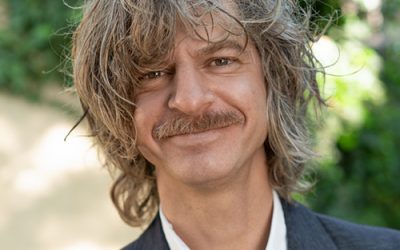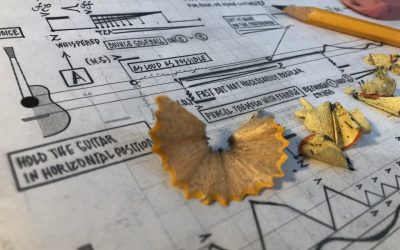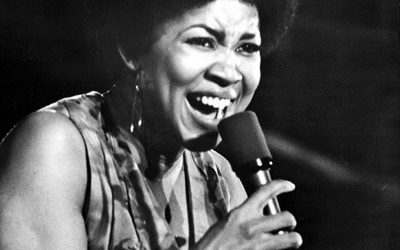Musicology Colloquium
Thursday March 12, 2020
2:00-3:30pm
CFA 2100
This talk explores the relationship between trauma and identity by examining Arab music performance on the U.S.–Mexico border. Drawing on the musicking of Syrian and Mexican migrant communities, I interrogate theories of cultural and psychological trauma and borderland epistemologies to explore how border tensions influence the often-fraught views of identity.
Dr. Andrea Shaheen Espinosa is Associate Professor of Ethnomusicology and Oboe at the University of Texas, El Paso, and currently serves as the Musicology Area Coordinator for the Department of Music. She is the founder and director of the UTEP’s internationally recognized Middle Eastern music ensemble, Layali Al-Sham. She is a Fulbright Fellow, a FLAS recipient, and a Medici Scholar, and is currently serving as the UTEP College of Liberal Arts Dean’s Faculty Fellow. Her research focuses on music, migration, and trauma, and her recent publications include articles in The Double Reed, Cahiers d’ethnomusicologie, and Yearbook for Traditional Music.
Music, Emotion and Fish with Dr. David Bashwiner Part 2
Music, Emotion and Fish with Dr. David Bashwiner Part 2 We are back, with Part 2 of ‘Music, Emotion, and Fish’. If you haven’t had the chance to listen to Part 1, you can click back to Episode 15, Dr. David Bashwiner was just getting to his work on the Midshipman...
Dr. José Luis Hurtado awarded prestigious Guggenheim Fellowship
Composer and pianist José Luis Hurtado, an associate professor in The University of New Mexico’s Department of Music in the College of Fine Arts, is one of the 2020 winners of the prestigious Guggenheim Fellowship.
You Can’t Tell It Like I Can: Black Women, Music, and the Struggle for Social Justice in America
This lecture/performance explores how black women have used music as a method of shaping the public rhetoric and sentiment surrounding the black civil rights struggle in America. Through a historical framework that moves through the height of the abolitionist movement, the Popular front during the 1930s and 1940s, the frontlines of the direct action campaigns of the 1960s, and the proliferation of the Black Power movement in the 1970s.



